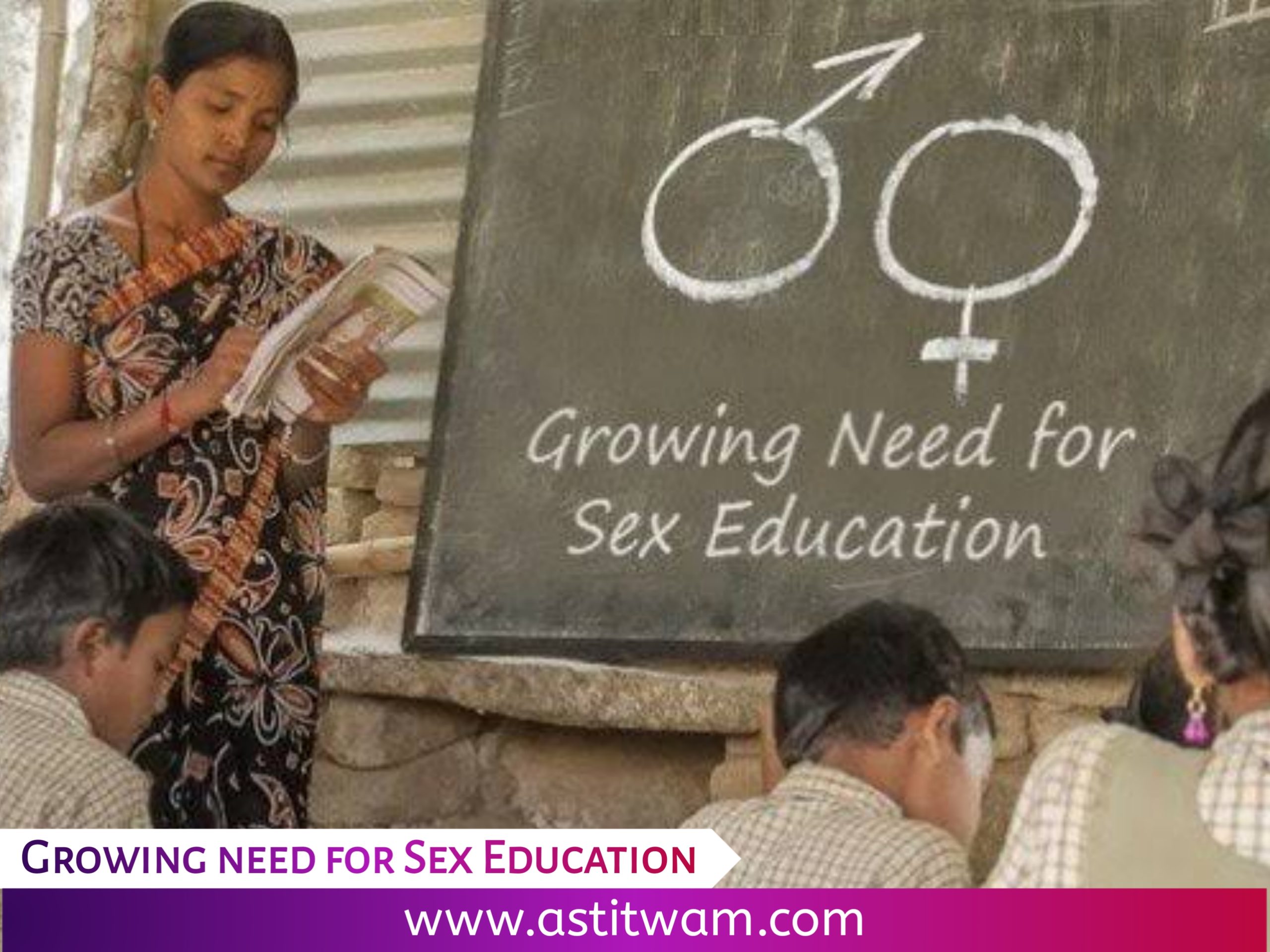Addressing the Growing Need for Proper Sex Education in the Indian Education System

Sex education is an essential component of a comprehensive education system that aims to provide young individuals with accurate and age-appropriate information about sexual health, relationships, and responsible behavior. In India, there is a growing need for proper sex education within the education system to address issues such as high rates of teenage pregnancies, sexually transmitted infections (STIs), sexual violence, and gender inequalities.

This article explores the importance of proper sex education, the current status of sex education in India, the challenges faced in implementing it effectively, and potential strategies to address these challenges. The article argues that incorporating comprehensive and proper sex education in the Indian education system is vital for promoting healthy attitudes, reducing negative outcomes, and empowering young people to make informed choices about their sexual health.
- Introduction:
- Definition and significance of proper sex education
- Importance of incorporating sex education in the Indian education system
- Overview of the current state of sex education in India
- Need for Proper Sex Education in India:
- High rates of teenage pregnancies and unsafe abortions
- Prevalence of STIs and HIV/AIDS among young people
- Rising incidents of sexual abuse and violence
- Gender inequalities and social stigma surrounding sexuality
- Influence of Media and the Internet on sexual behavior
- Current Status of Sex Education in India:
- Overview of existing sex education curriculum
- Gaps and limitations in the current approach
- Factors contributing to resistance and opposition against proper sex education
- Importance of Proper Sex Education:
- Promotion of healthy relationships and responsible sexual behavior
- Prevention of unwanted pregnancies and STIs
- Reduction in sexual violence, harassment, and abuse
- Empowerment of young people to make informed decisions about their bodies and relationships
- Addressing myths and misconceptions related to sex and sexuality
- Challenges in Implementing Proper Sex Education:
- Sociocultural barriers and conservative attitudes
- Religious and moral objections
- Lack of trained teachers and discomfort in discussing sensitive topics
- Inadequate infrastructure and resources
- Opposition from conservative parent groups
- Strategies for Implementing Proper Sex Education:
- Developing a comprehensive and age-appropriate curriculum
- Training and support for teachers to deliver effective sex education
- Involvement of parents, communities, and religious leaders
- Collaboration with NGOs and healthcare providers
- Utilizing technology and online resources for a wider reach
- Addressing Gender and Cultural Sensitivities:
- Tailoring sex education to address specific cultural and regional nuances
- Promoting gender equality and challenging traditional gender roles
- Inclusivity and addressing the needs of marginalized groups
- Empowering girls and women through education and access to sexual health services
- International Best Practices:
- Examining successful sex education programs in other countries
- Lessons learned and potential adaptation for the Indian context
- Role of Government and Policy Interventions:
- Policy changes and legal frameworks supporting comprehensive sex education
- Role of government agencies in Implementing and monitoring sex education programs
- Allocation of resources for teacher training, curriculum development, and infrastructure improvement
- Collaboration with Stakeholders:
- Engaging parents, communities, and religious leaders in the dialogue on sex education
- Creating awareness and dispelling myths through community-based programs
- Encouraging open communication between parents and children about sexual health
- Evaluation and Impact Assessment:
- Developing monitoring and evaluation frameworks to assess the effectiveness of sex education programs
- Measuring the impact on knowledge, attitudes, and behaviors of young people
- Identifying success indicators and areas for improvement
- Conclusion:
- Recap of the importance of proper sex education in the Indian education system
- The urgency of addressing the growing need for comprehensive and accurate information
- Call to action for policymakers, educators, parents, and communities to work together
- Potential long-term benefits for the overall well-being and empowerment of young people in India

In conclusion, addressing the growing need for proper sex education in the Indian education system is crucial for equipping young people with accurate information, empowering them to make responsible decisions, and fostering healthy attitudes toward sexuality. Despite the challenges, various strategies can be employed to implement effective sex education programs that cater to the cultural sensitivities of India. By working together, policymakers, educators, parents, and communities can create an environment where sexual health is prioritized, stigma is eliminated, and young people can navigate their sexual lives with confidence, knowledge, and respect.




